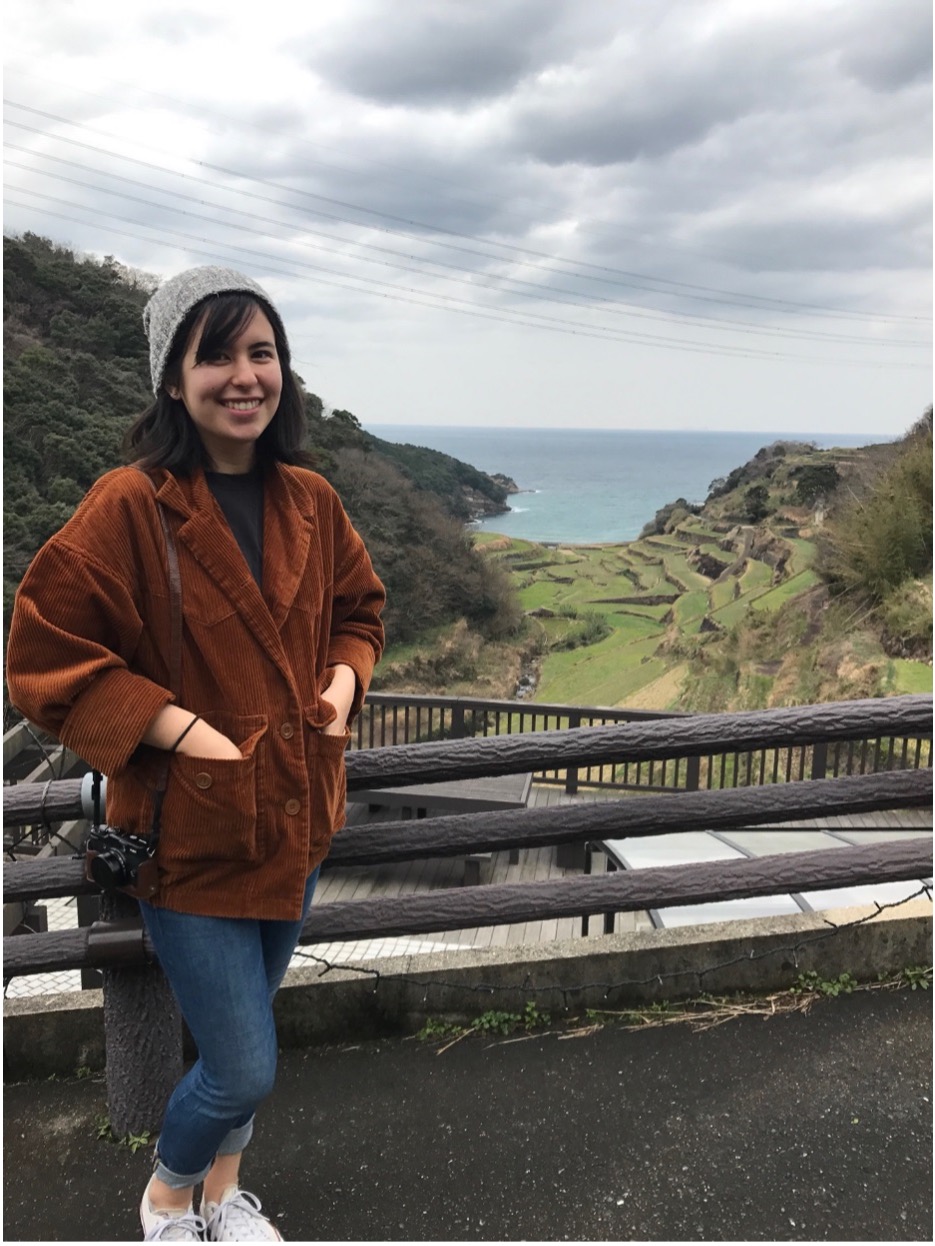The Department of Asian Studies is proud to highlight an innovative digital humanities project developed…

Student Spotlight: Yejun Kweon
Asian Studies senior Yejun Kweon was an Undergraduate Research Opportunities Program (UROP) Project Funding Recipient for Spring 2023. UROP coordinates and promotes opportunities for high-achieving undergraduate students across all disciplines at UH Mānoa to engage in faculty-mentored research and creative work. Her research topic lies in North Korean science fiction that deals with marine settings. She proposed how marine resources could be a problem solver in North Korean society by unveiling the hidden narratives of North Korean science fiction.
This year, Yejun delivered two research presentations on campus: Undergraduate Showcase and Summer Undergraduate Research Experience Symposium. Her first presentation solely focused on how marine resources are depicted in North Korean science fiction. Through close reading, she proposed the significance of marine resources in North Korean society in relation to public health, diplomacy, and the environment. Yejun’s second presentation not only dealt with marine resources, but gender norms and the idea of collectivism as well. Using the same texts, she proposed how writers commonly challenge gender norms and the idea of collectivism while discussing the marine settings. Her overall point was that even though it is common to think of North Korean science fiction and literature in general as a source of propaganda, close reading foretells the author’s subjectivity and agency that complicates party ideals.
After completing the program, Yejun hopes to attend graduate school to further study North Korean science fiction. She plans to conduct an ecocritical reading on North Korean science fiction and discover how authors envision the environment in North Korea. As part of ecocriticism, she also plans to incorporate the theory of ecofeminism to the works she examines.
Congratulations Yejun, and best of luck in your applications!





